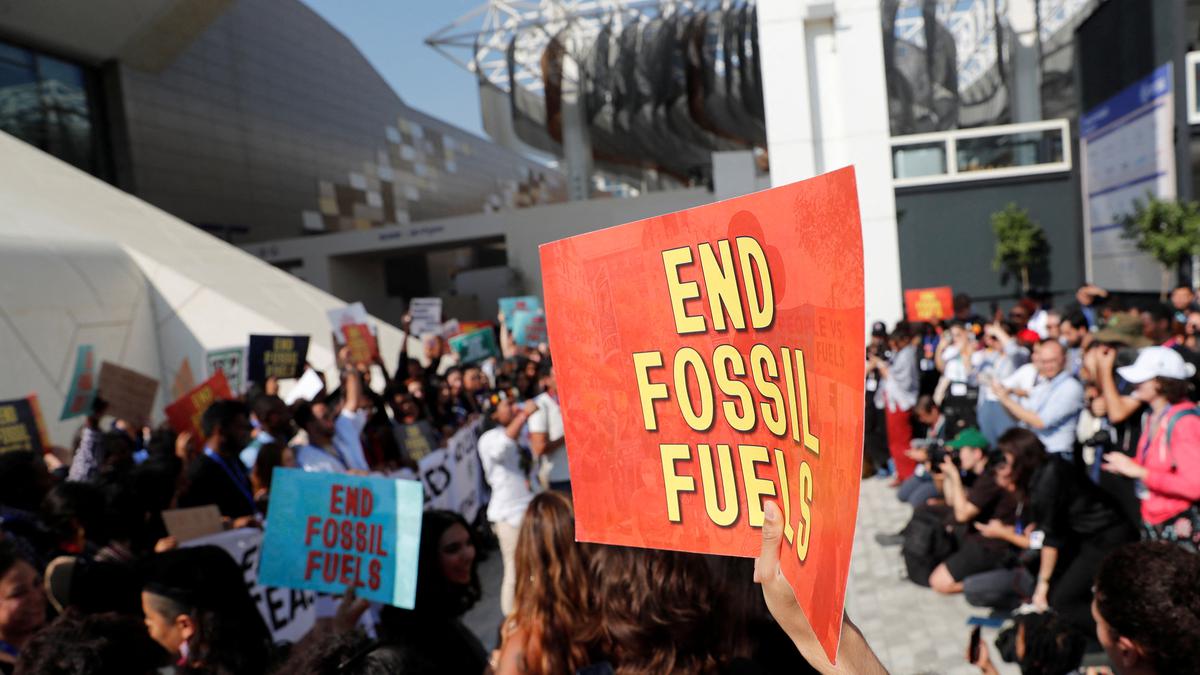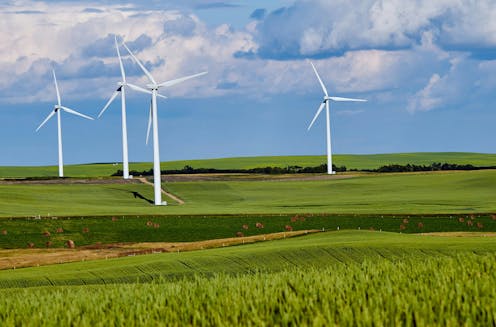In the latest draft of the Global Stocktake, a crucial document being negotiated at the COP 28 climate summit in Dubai, discussions around the tripling of global renewable energy capacity by 2030 have surfaced. The draft, still subject to revisions, proposes linking this renewable energy goal with a time-bound phase-out of fossil fuels. However, India, a key participant in the talks, is reportedly hesitant to commit to such conditions due to perceived prescriptiveness.
Linking Renewable Energy and Fossil Fuel Phase-Out
The draft Global Stocktake suggests an option that ties the tripling of global renewable energy capacity by 2030 with a strategic displacement of fossil fuel-based energy, aiming to significantly reduce reliance on non-renewable and high-emission sources.
India expresses reservations about this clause, citing concerns about its prescriptive nature and signaling the need for further consultation.
Options for Fossil Fuel Phase-Out
The draft introduces four options for phasing out fossil fuels, emphasizing the need for a transition that limits global temperature increases to 1.5 degrees C by 2100 and envisions energy companies becoming fossil fuel-free by mid-century.
The initial call for a “just and orderly phase-out of fossil fuel” has been replaced with multiple options, including the possibility of retaining no text related to the phase-out of fossil fuels.
Indian Position on Renewable Energy Pledge
India refrains from committing to the proposed renewable energy pledge at COP 28, citing “unacceptable riders” associated with the clause. The reluctance is based on concerns that the conditions attached to the tripling of capacity are too prescriptive.
Focus on Climate Finance Definition
India emphasizes the need for a clear definition of ‘climate finance’ during the negotiations. The lack of a precise definition has led to discrepancies in estimating the actual funds transferred from developed to developing countries for climate-related initiatives.
The Environment Minister of India, Bhupendra Yadav, underscores the importance of defining climate finance to enhance transparency, trust, and effective funding for the clean energy transition.
Challenges in Defining Climate Finance
Discrepancies exist in defining climate finance, with estimates varying widely. The Organisation for Economic Cooperation and Development (OECD) estimates $83 billion in climate finance for 2020, while Oxfam suggests a significantly lower figure of $22 billion.
Minister Yadav stresses that climate finance definitions should consider the specific circumstances of each country, providing grants without interest payments and low-cost loans to facilitate the clean energy transition.
As COP 28 negotiations unfold, challenges and divergent perspectives on renewable energy commitments, fossil fuel phase-out, and climate finance definitions underscore the complexities of reaching a consensus on global climate action.
Source: thehindu.com





